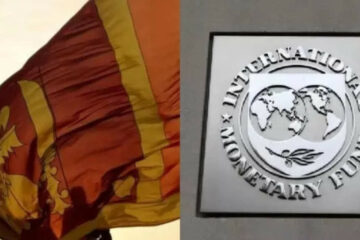[ad_1]
The balance of risks is increasingly tilted towards a darkening global outlook and emerging market economies (EMEs) appear to be more vulnerable, even though incoming data suggest that global inflation may have peaked, said the article titled ‘State of the Economy’ published in the RBI Bulletin – December 2022 article.
“The near-term growth outlook for the Indian economy is supported by domestic drivers as reflected in trends in high-frequency indicators,” it said while adding that equity markets touched a string of new highs during November buoyed by strong portfolio flows to India.
India’s consumer price based inflation eased to an 11-month low of 5.88 per cent in November on an annual basis from 6.77 per cent in October, 2022. The decline can be attributed to easing food prices which account for almost 40 per cent of India’s CPI basket.
“Waning input cost pressures, still buoyant corporate sales and turn-up in investments in fixed assets are heralding the beginning of an upturn in the capex cycle in India which will contribute to a speeding up of growth momentum in the Indian economy,” the article, authored by a team led by RBI Deputy Governor Michael Debabrata Patra, said.
The article further said that as India engages in setting out its priorities and deliverables under its G20 Presidency, there is a sense that “perhaps her time in the centre of the world’s stage has arrived”.
As the third largest economy in PPP terms, and the fifth largest in terms of market exchange rates, India accounts for 3.6 per cent of G20 GDP while its share in real (PPP) terms is much higher at 8.2 per cent.
In 2023, India is projected to be among the fastest-growing economies within G20.
“Our priorities under the G20 Presidency encapsulate a vision of unity and interconnectedness,” said the article and added they will also reflect the priorities of the global South: One Earth, One Family, One Future.
The central bank, however, said that views expressed in the article are those of the authors and do not represent the views of the central bank.
(With inputs from PTI)
[ad_2]


